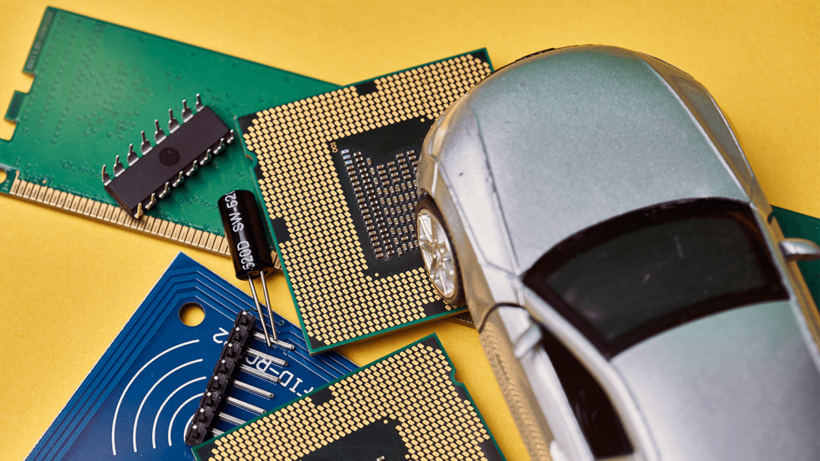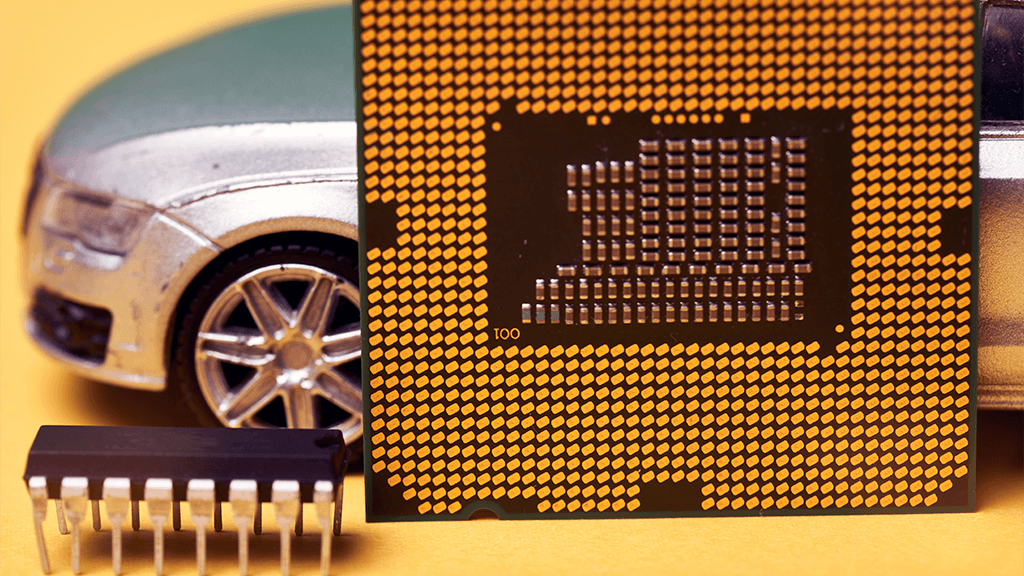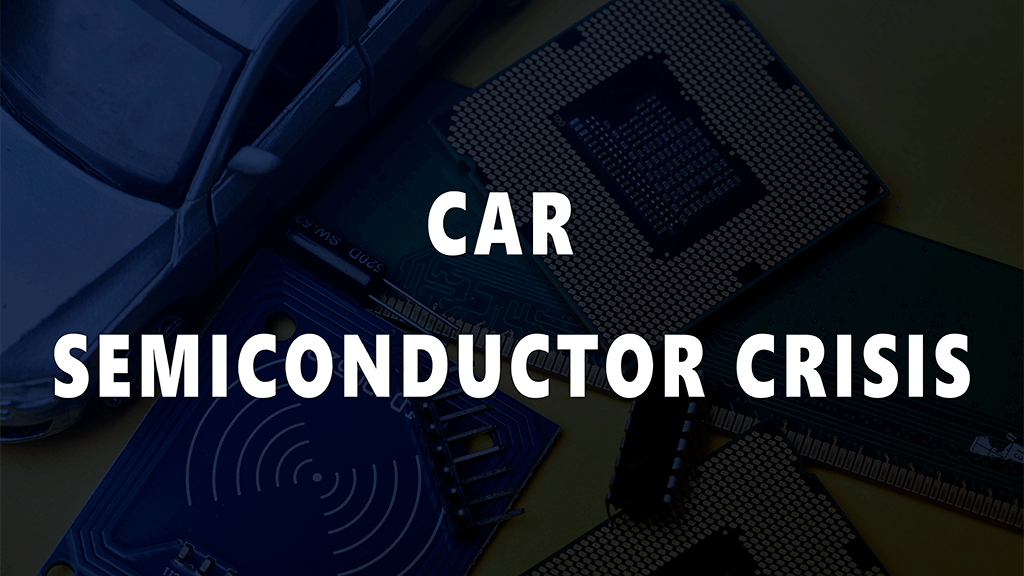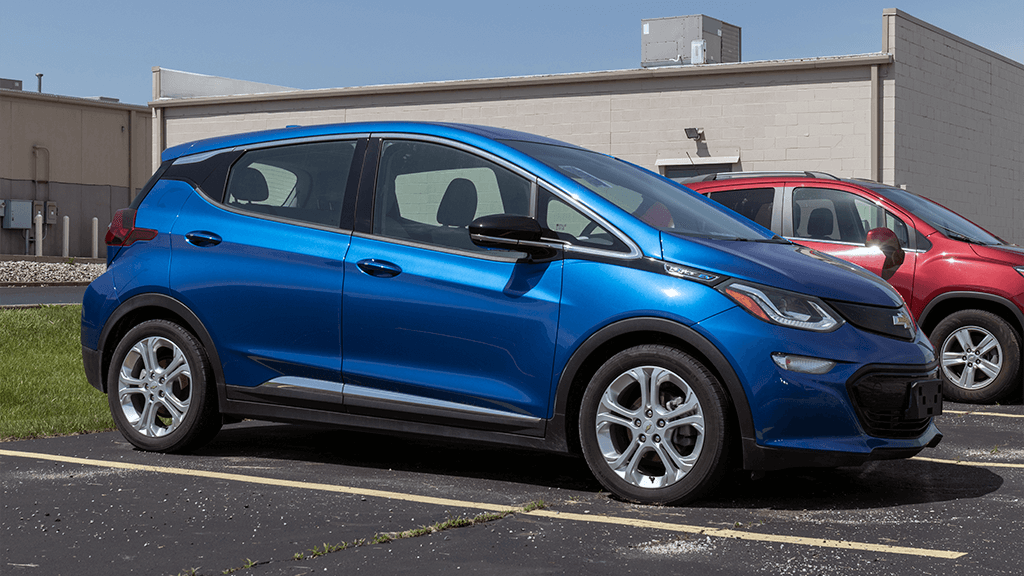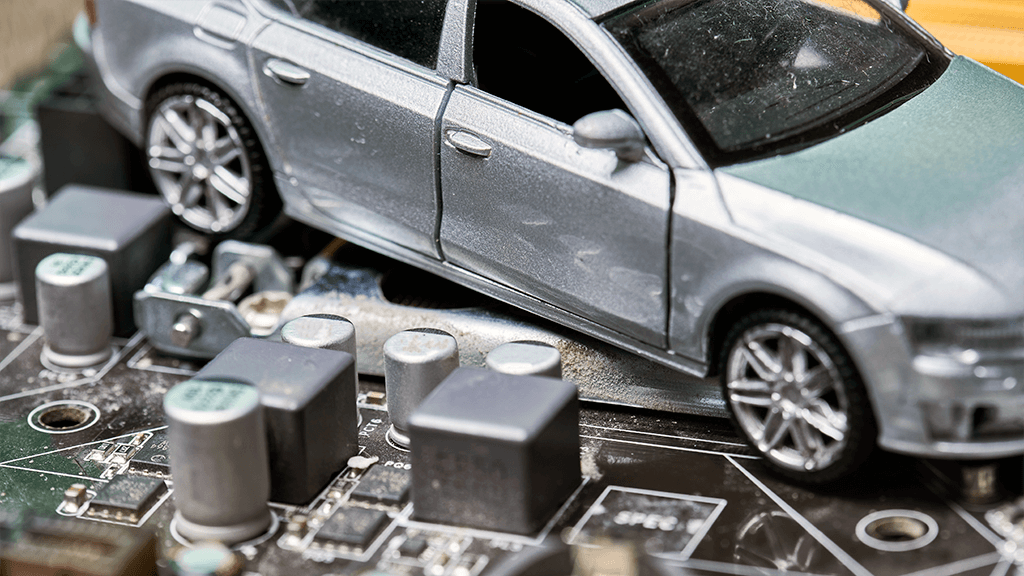Everyone has experienced the negative consequences brought by the COVID-19 pandemic. While we’ve already become more resilient and the economies quickly bounced up, the automotive industry has been hit by different multifaceted issues that emerged after the virus outbreak. However, the most squeezing factor accounting for significant sales losses, that nearly all automakers are trying to eliminate, is the supply chain fragility that has led to the global chip shortage. How long will it last? It is the question both prospective buyers and automobile giants ask very often. In this blog, we’re breaking down the impact of chip shortage on the automotive industry.
What Is The Main Issue for Car Brands?
The world has become heavily reliant on technology, and so have vehicle manufacturers. Since all modern autos are more like computerized hubs on wheels, it’s no surprise that car brands have partnered with different technological companies making microchips and semiconductors to let their automotive products stand out from the competition. Models like SUVs and pickups have turned into cash cows for most car makers, as buyers liked these and wanted to obtain such vehicles with the most convenient amenities (heated seats, power liftgates, advanced driver’s assistance, etc.). That said, now automakers across the globe are forced to wait longer for the supply of semiconductors and chips, and it only worsens the impact of chip shortage.
What Is The Background for Chip and Semiconductor Shortage?
As we’ve stated above, the main reason behind the global chip shortage is the fragility of supply chains. Most automakers bought chips and semiconductors in East Asia, mainly in Taiwan. The coronavirus outbreak first caused ports and factory closures and contributed to the development of the new work standards at plants to prevent the virus spread, and most manufacturers temporarily ceased placing orders.
Everyone was confined in their homes, which accounted for a significant surge in demand for high-performance devices as people wanted to study, work, and be entertained from the comfort of their homes. Consequently, chip manufacturers faced the problem when demand outstripped supply as factories had to catch up with the growing number of customers’ desires.
While the world shifts toward autonomous mobility and fully-electric vehicles, classic cars with internal combustion engines depend on legacy chips. Their production has been hit the most as chip manufacturers look toward more lucrative and lasting contracts with companies that buy leading-edge nodes and semiconductors.
Additionally, the issue worsened with the beginning of the war in Ukraine. This country is known as the most proficient supplier of neon gas, which is widely used during the production of semiconductors. That said, experts don’t expect the problem to resolve very soon. According to the most optimistic prognosis, the negative impact of chip shortage may last until the end of 2023.
Effects of Chip Shortage on Car Manufacturers
In 2021, the world saw major chip and semiconductor supply bottlenecks. They resulted in approximately 11,3 million unsold vehicles worldwide and more than $200 billion of lost revenues. Conversely, the market has seen a significant price spike in both new and used models. It’s become much more difficult to buy a vehicle, but Salvagebid is ready to help. We offer thousands of different cars that have already made their way to our auction yards, and you can consider buying slightly damaged vehicles to save money in the long run and avoid a setback caused by rapid depreciation.
Are There Any Advancements To Fight The Impact of Chip Shortage?
Fortunately, there are some possible ways to stabilize the car industry. First off, President Biden’s administration insists on creating microchip and semiconductor plants in the USA to reduce the dependence on components coming from overseas. Indeed, the global impact of chip shortage still remains entirely unavoidable. For example, Chevrolet and General Motors are ready to invest billions of dollars to develop their own chips so as not to delay the emergence of the new EV lineup, whereas Volkswagen says they are ready to create cars with fewer microchips responsible for multiple operations at once. Nevertheless, officials of the German automobile giant understand what they will have to undertake, as hardware and software adjustments will require much work.
Final Thoughts
Nobody could have predicted that the impact of the chip shortage would prove to upturn the automotive industry. When you understand the root cause behind it, you will be more likely to grasp what to expect from the fluctuating prices of vehicles. Salvagebid is ready to help you find your dream car even in spite of the semiconductor shortage. You will find many affordable damaged cars for sale at our auction, and we welcome you to explore what we’ve got. Once you’ve set your heart on a particular model, you have to register to bid on it. Complete your registration by placing a refundable security deposit and upgrading your membership. Fill out our online form or reach us at +1 (360) 347-1300 (6:00 AM – 4:00 PM Pacific Standard Time, Monday through Friday) if something is unclear. Also ClearVin offers fast and easy access to the original BMW Window Sticker by VIN.
